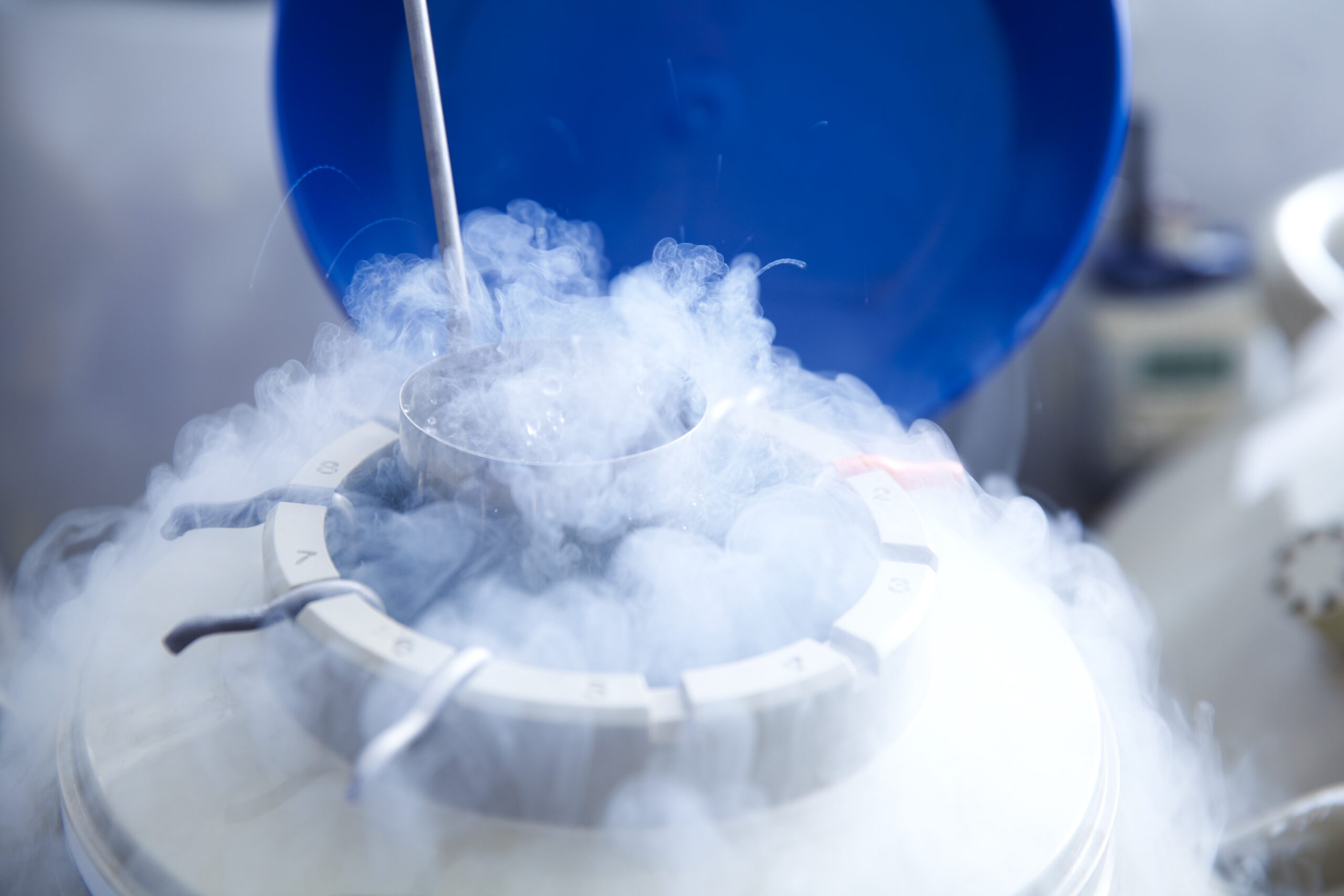The “Freeze Your Eggs for Free!” ads sound too good to be true, and in many cases, they kind of are. As more women take ownership of their reproductive health and future family planning, understanding the facts behind these offers is important. So what’s the real deal with “free” egg freezing, and what should you know before signing up?
What Is Egg Freezing, Really?
Egg freezing is a medical process that allows you to preserve your unfertilized eggs now, so you can potentially have a baby later when the timing aligns with your life and goals.
“Think of egg freezing as a way to take control of your reproductive future,” Parham Zar, founder and Managing Director of the Egg Donor & Surrogacy Institute explained.
It typically involves hormone injections to stimulate the ovaries, egg retrieval under light sedation, and then freezing the viable eggs in a lab.
While some women choose to freeze eggs because they’re not ready for children yet, others do it due to health conditions, career planning, or simply wanting to leave the door open for future possibilities.
Egg quality declines with age, so timing is everything when it comes to freezing.
“The ideal age for egg freezing, in terms of maximizing your chances of a successful future pregnancy, is generally under 35, and ideally in your late 20s to early 30s,” according to Zar.
That doesn’t mean it’s not possible after 35—but it does mean fewer eggs may be retrievable, and the success rates of later pregnancies can decrease.
What Does “Free” Actually Mean?
The word “free” is often used as a hook. In many cases, you’re not exactly getting a no-strings-attached deal. Instead, clinics may offer complimentary egg freezing in exchange for becoming an egg donor.
“You are correct to note that there is usually a catch,” said Zar. “This is used as a way to entice possible egg donors to donate eggs, but instead of being compensated for the donation, the donor keeps a portion of the eggs retrieved. So, in essence, the egg freezing cycle is free for her—but she is giving up some of her eggs.”
This arrangement may work for some, but it’s a deeply personal decision that shouldn’t be made lightly.
What’s Actually Covered?
Most of these programs do include key aspects of the procedure like medications, monitoring appointments, and the actual egg retrieval. However, storage is where many women get surprised.
“Most clinics will charge for storage,” Zar confirmed, noting that it typically costs $500 to $1,000 per year to keep your frozen eggs preserved after the initial retrieval.
While there’s usually no difference in the quality of medical care between these donor-based options and fully paid fertility services, access isn’t guaranteed.
“There are many health, age, and legal stipulations,” Zar adds. “The person has to qualify as an egg donor, and go through all the assessments—including family medical history, genetic history, and much more.”
For Black Women, The Bigger Picture Matters
Black women already face systemic inequities in fertility treatment and reproductive health. Whether navigating biased medical care or a lack of representation in fertility studies, it’s vital to ask questions and advocate for yourself.
If you’re considering egg freezing, free or not, make sure you’re making the choice for you, not just responding to a flashy headline.
Ask Yourself These Questions First:
- Am I comfortable with the idea of sharing or donating my eggs?
- Do I meet the criteria to qualify for a donor-based egg freezing program?
- Can I afford the long-term storage costs?
- Does the clinic or company align with my values and health needs?
Egg freezing can be an empowering option, especially if you’re not ready for children yet but want to keep your options open. But when it comes to “free” offers, do your research and read between the lines.
When it comes to your body and your future, you deserve transparency, autonomy, and care that centers you.
